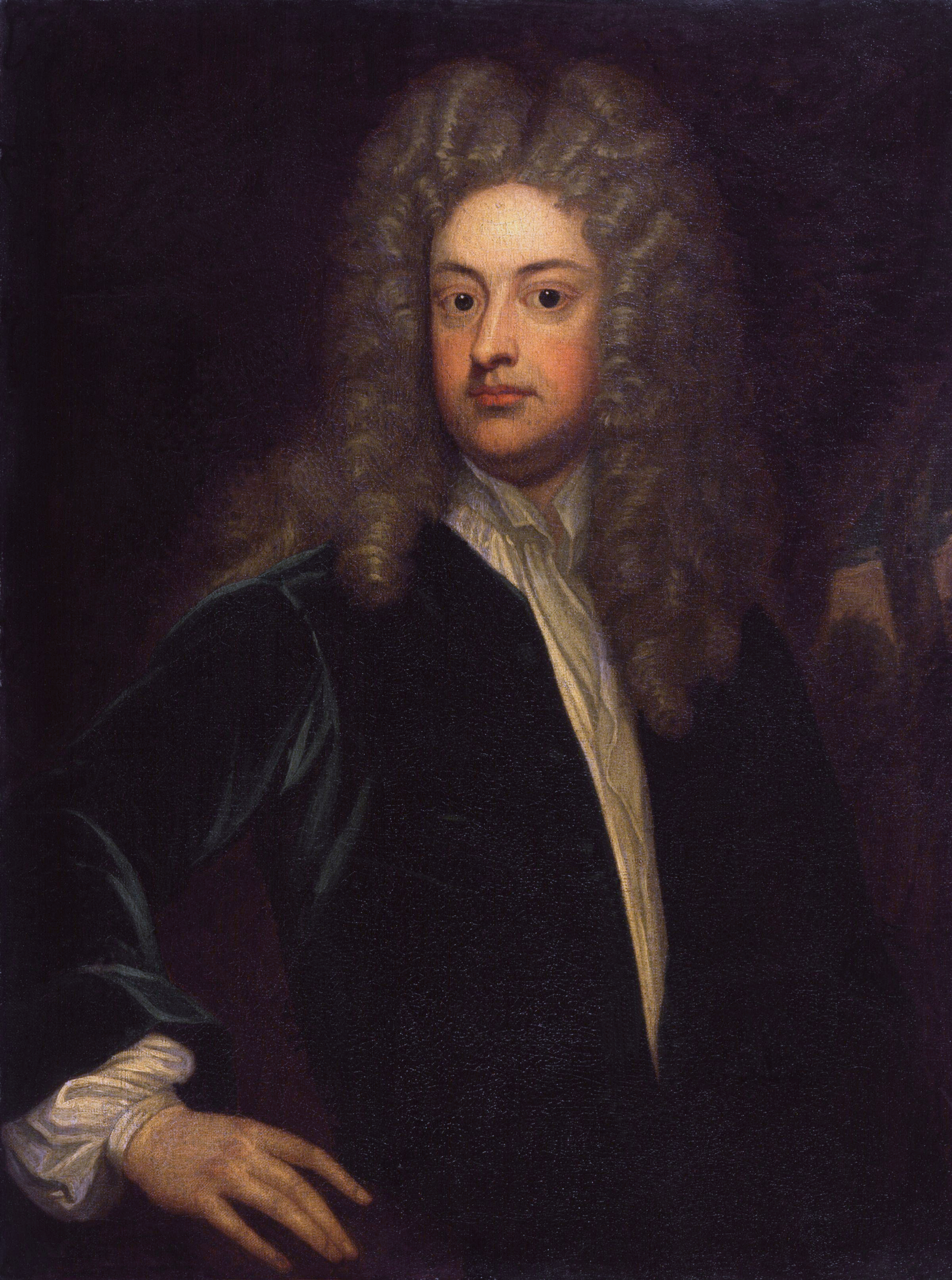Joseph Addison nejznámější citáty
Joseph Addison: Citáty o lásce
„Vše, co je v lásce bez obtíží, je její zkázou.“
Varianta: Vše co je v lásce bez obtíží, je její zkázou.
Joseph Addison: Citáty o lidech
Joseph Addison citáty a výroky
„Nic v přírodě není tak nestálé jako dámský účes.“
Originál: (en) There is not so variable a thing in nature as a lady's head-dress.
Zdroj: [Addison, Joseph, 1863, Addison's humorous essays, selected from the 'Spectator', 96, angličtina]
„{…] radost udržuje v mysli určitý druh světla a vyplňuje ji opakujícím se neustálým klidem.“
Zdroj: [Exley, Helen, Pro klid v duši 365 : Citáty na každý den, Zuzana Pavlová, Slovart, Praha, 2018, 368, 978-80-7529-518-7, 3]
Joseph Addison: Citáty anglicky
No. 465, Ode (23 August 1712).
The Spectator (1711–1714)
No. 117 (14 July 1711).
The Spectator (1711–1714)
“Young men soon give and soon forget affronts;
Old age is slow in both.”
Act II, scene v.
Cato, A Tragedy (1713)
“We are always doing something for Posterity, but I would fain see Posterity do something for us.”
No. 587 (20 August 1714).
The Spectator (1711–1714)
Samuel Johnson in The Rambler, no. 50 (8 September 1750); many of Johnson's remarks have been attributed to Addison
Misattributed
No. 1 (1 March 1711).
The Spectator (1711–1714)
“Great Pompey's shade complains that we are slow,
And Scipio's ghost walks unavenged amongst us!”
Act II, scene i.
Cato, A Tragedy (1713)
“Thus I live in the world rather as a spectator of mankind than as one of the species.”
No. 1 (1 March 1711).
The Spectator (1711–1714)
“Nature does nothing without purpose or uselessly.”
Act V, scene i.
Cato, A Tragedy (1713)
“For ever singing as they shine,
The hand that made us is divine.”
Ode.
Bartlett's Familiar Quotations, 10th ed. (1919)
No. 117.
The Guardian (1713)
“Talk not of love: thou never knew'st its force.”
Act III, scene ii.
Cato, A Tragedy (1713)
“Tis pride, rank pride, and haughtiness of soul:
I think the Romans call it Stoicism.”
Act I, scene iv.
Cato, A Tragedy (1713)
“What sculpture is to a block of marble, education is to the human soul.”
No. 215 (6 November 1711).
The Spectator (1711–1714)
No. 166 (10 September 1711).
The Spectator (1711–1714)
No. 249 (15 December 1711).
The Spectator (1711–1714)
Widely quoted as an Addison maxim this is actually by the American clergyman George Washington Burnap (1802-1859), published in Burnap's The Sphere and Duties of Woman : A Course of Lectures (1848), Lecture IV.
Misattributed
“Tis not in mortals to command success,
But we'll do more, Sempronius; we'll deserve it.”
Act I, scene ii.
Cato, A Tragedy (1713)
" The Life and Teachings of Thoth Hermes Trismegistus http://magdelene.net/Thoth%20Hermes%20Trismegistus.htm", in The Secret Teachings of All Ages (1928) by the Canadian occultist Manly Hall; a few quotation websites credit this to Addison.
Misattributed
“I will indulge my sorrows, and give way
To all the pangs and fury of despair.”
Act IV, scene iii.
Cato, A Tragedy (1713)
No. 255 (22 December 1711).
The Spectator (1711–1714)

